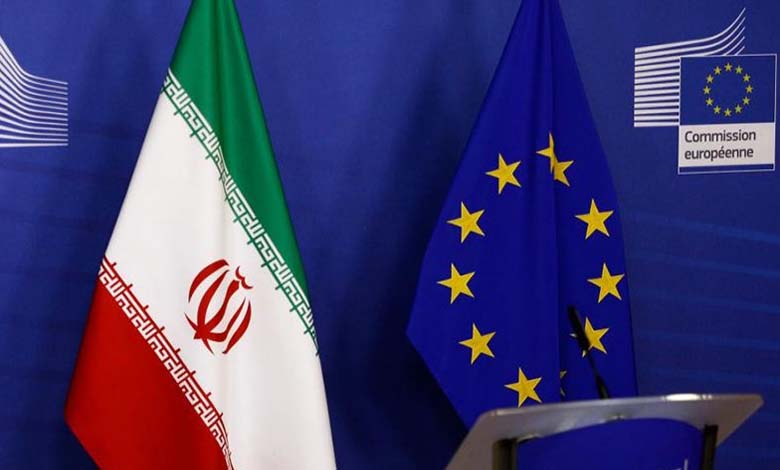Iran Prepares for Imminent Sanctions with Nuclear Talks with European Powers
The Bzeshkian government seeks to resolve the nuclear crisis before the inauguration of U.S. President-elect Donald Trump.

Tehran is set to hold talks on Friday with three European powers regarding its contentious nuclear program, following a resolution against it by the International Atomic Energy Agency (IAEA). Iran fears tightened sanctions due to its nuclear threats and is racing against time to revive the 2015 agreement before Donald Trump assumes office in January.
-
Trump’s Return Pushes European Powers to Demand Increased Pressure on Iran
-
New European sanctions against Iran and the Revolutionary Guard – Details
In response to the resolution proposed by the UK, France, Germany, and the United States, Iranian officials announced various measures, such as operating new advanced centrifuges for uranium enrichment.
Japan’s Kyodo news agency, the first to report the meeting scheduled for Friday in Geneva, stated that Iranian President Massoud Bzeshkian’s administration is seeking to resolve the nuclear crisis before Trump’s inauguration.
The UK confirmed the talks on Sunday, with its Foreign Ministry stating: “We remain committed to taking all necessary diplomatic steps to prevent Iran from developing nuclear weapons, including punitive measures if necessary.”
-
Persecution, sexual violence, and torture… European sanctions against the Taliban and the imprisonment of the Iranian Qarchak prison
-
Iran imposes sanctions against the European Union and the United Kingdom.. Details
An Iranian senior official also confirmed the meeting, emphasizing: “Tehran has always believed the nuclear issue must be resolved through diplomacy. Our country has never withdrawn from negotiations.”
Separately, Iranian Foreign Ministry spokesperson Ismail Baghai said that deputy foreign ministers from Iran and the three European countries would participate in the talks, which would address regional issues alongside the nuclear file.
Baghai did not disclose the venue of the discussions, while a Swiss Foreign Ministry spokesperson referred inquiries to the nations mentioned in Kyodo’s report.
-
The European Union calls on Iran to review the sentences handed down against female activist
-
“Iran’s Nuclear Program”: IAEA Condemnation and Tehran’s Response
In 2018, the Trump administration withdrew from the 2015 Iran nuclear deal signed with six major powers and reimposed severe sanctions on Iran. This prompted Tehran to exceed the nuclear limits set by the deal by increasing its enriched uranium stockpile, achieving higher fissile purity, and installing advanced centrifuges to accelerate production.
Indirect talks between the Biden administration and Tehran to revive the deal have been unsuccessful, although Trump stated during his September campaign: “We must reach a deal because the consequences are unbearable.”
-
Washington Plans to Deploy Fighters and Destroyers in the Region to Defend Israel
-
Iran’s Nuclear Program: What is the “Wisest” Path for the U.S. to Face It?
Ali Vaez, an Iran expert at the International Crisis Group, explained: “Iran had agreed with France, Germany, and the UK in September to continue nuclear talks in Geneva in October, which began in New York. These plans were disrupted by tensions between Tehran and Israel.”
He added: “After a cycle of mutual confrontations leading to a stalemate, both sides now realize that talks may be the least costly option. The issue is that, without clarity on Trump administration intentions, all of this remains theoretical.”
-
Russia and Ukraine: Will the Third Winter Melt the “Ice of War”?
-
Iran Faces a Dilemma… Who Will Be the Successor to Hezbollah?
During his recent visit to Tehran, IAEA Director Rafael Grossi reached an agreement to “limit the production of highly enriched uranium to 60% and appoint four new inspectors to oversee nuclear facilities.”
Grossi stated that Iran’s willingness to cooperate with the Agency marks a tangible step in the right direction, the first since Tehran gradually abandoned its commitments under the nuclear agreement.












